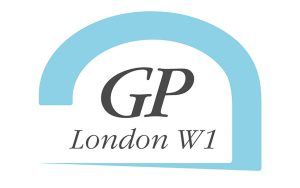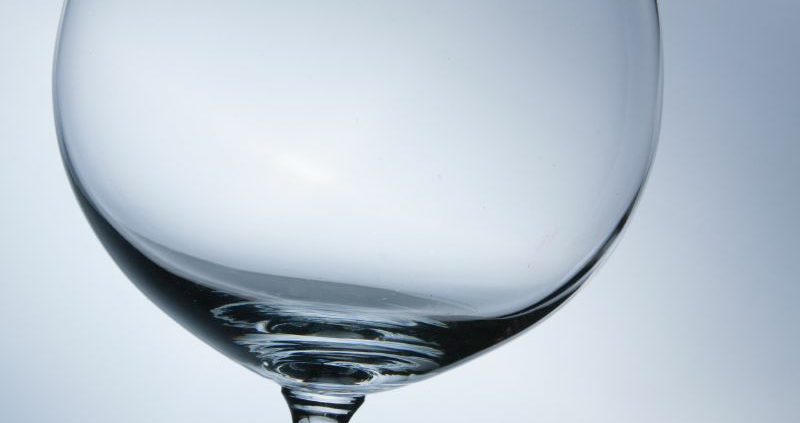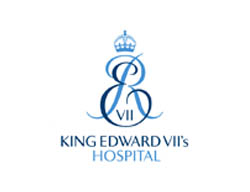5 benefits of Dry January according to experts
Dry January began as a campaign created and led by Alcohol Change UK more than a decade ago and has now become a global phenomenon as more and more people appreciate the benefits of abstaining from alcohol for the month of January.
In the first week or so, you may not be convinced as initially, you might find it harder to fall asleep, you may experience hangover-like symptoms because of mild dehydration, and you may start craving the sugar you are no longer getting from your alcoholic drinks. But, by this point, you should feel sharper and more energised.
Here, we will explore five – clinically proven – benefits of Dry January:
1. You’ll experience improved physical wellbeing
One of the most immediate benefits of Dry January is the positive impact on your physical health. Alcohol takes a toll on various organs, including the liver and heart. A month without alcohol allows your body to recover and repair. You’ll likely experience improved sleep, increased energy levels, and a more robust immune system. By giving your liver a break, you contribute to its ability to function optimally, leading to long-term health benefits.
In a study published in the British Medical Journal that investigated short-term abstinence from alcohol, researchers found a significant drop in blood pressure and cholesterol and a considerable drop (25%) in insulin resistance, the main factor in the development of diabetes and fatty liver disease.
2. You’ll get a mood boost
Alcohol has a notable impact on cognitive functions and mental wellbeing. Dry January provides an opportunity to experience mental clarity and improved focus. Without the foggy effects of alcohol, you may find it easier to concentrate on tasks, make better decisions, and enhance your overall cognitive performance. Many participants report feeling sharper, more alert, and better able to handle stress during and after the month-long break, as studies show alcohol-induced brain shrinkage begins to repair within two weeks.
3. You’ll enjoy better sleep
While alcohol might initially induce drowsiness, it can disrupt your sleep patterns, leading to poor sleep quality. Dry January allows your body to reset its natural sleep cycle, leading to more restful and rejuvenating sleep. Improved sleep has a cascading effect on various aspects of your life, including mood, productivity, and overall wellbeing.
4. You should be able to lose weight
Throughout January, you should also notice a difference on the scale. Alcohol contains around seven calories per gram, which is almost as much as pure fat – a pint of larger has more calories than a Mars bar.
As well as cutting calories by abstaining, there are other reasons why you might lose weight. You tend to make healthier eating choices and are more likely to exercise. Your improved sleeping patterns will also help; recent research suggests that better rested adults consume significantly fewer calories than those who are sleep deprived.
5. You’re more likely to establish healthy habits
The habits we form in January often set the tone for the rest of the year. By successfully completing Dry January, you experience the immediate benefits and lay the foundation for healthier habits. Six months after completing Dry January, participants drank one day less per week and consumed around one drink less on each day that they did drink on average, compared to previous alcohol intake, according to one study.
However, if you don’t think you’re ready to abstain totally, you might want to investigate Damp January, when participants tend to limit their alcohol intake throughout the month, rather than cut it out completely.
Clinical studies indicate that even a modest reduction in drinking can lead to an improvement in your blood pressure, mental health and the health of your liver.
For more advice on the benefits of making lifestyle changes, such as limiting alcohol intake or abstaining completely, call +44 (0)20 4580 1152 or email [email protected] to arrange a consultation at GP London W1.










